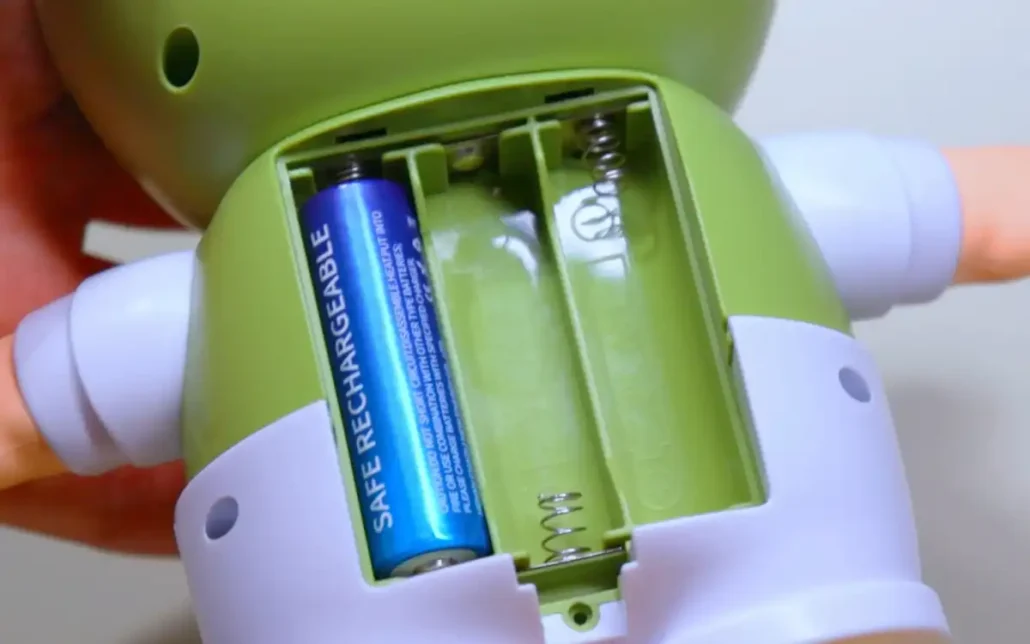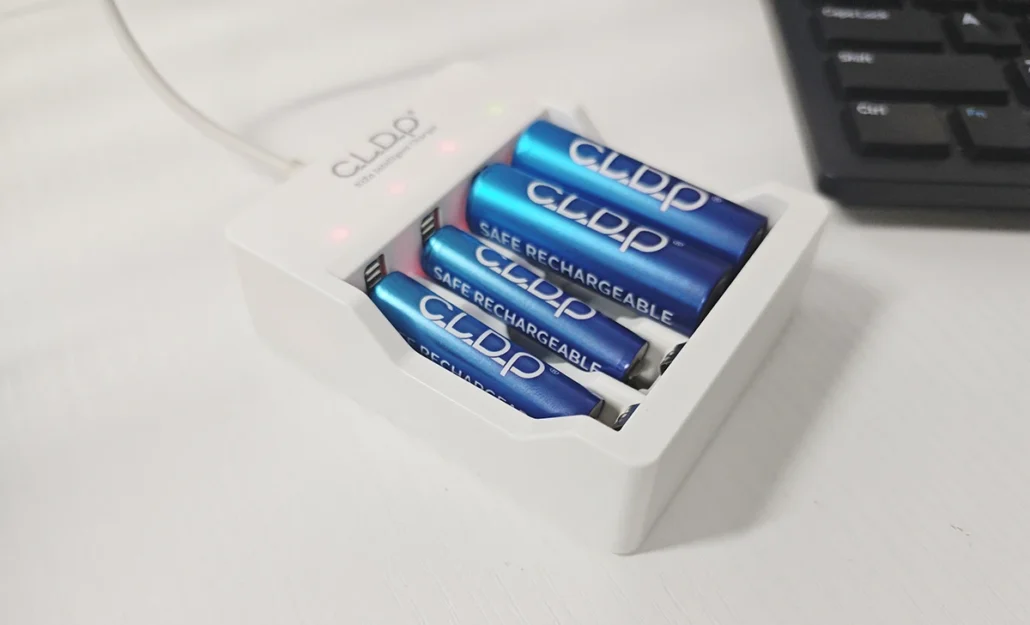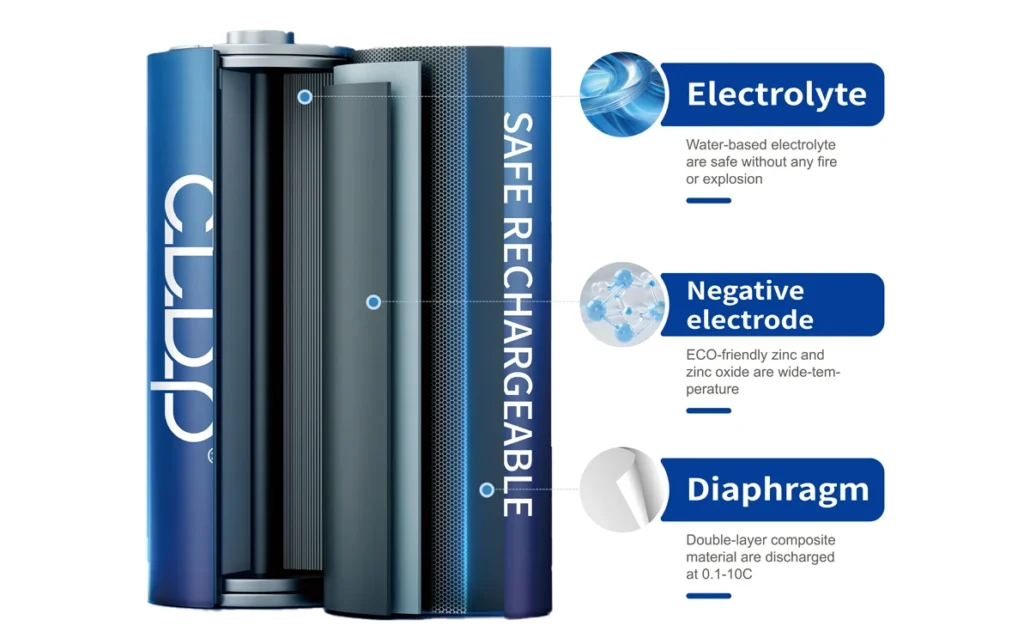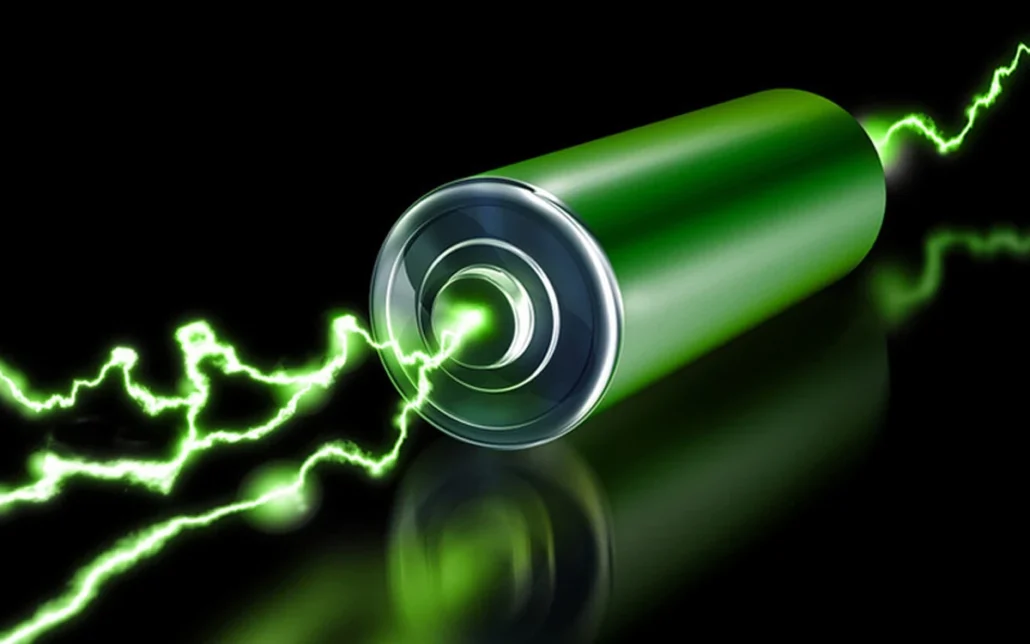Zinc nickel rechargeable battery (Zn Ni battery) is an environmentally friendly and high-performance secondary battery with high energy density and long cycle life. To ensure safe use and extend battery life, the following are precautions to be taken when using zinc nickel rechargeable batteries.
Use a dedicated charger
Be sure to use a zinc nickel battery specific charger for charging. The charging voltage and current characteristics of zinc nickel batteries are different from other types of batteries (such as lithium batteries and nickel metal hydrogen batteries), and using mismatched chargers may result in situations such as inability to charge and damage to the battery. Using a dedicated charger can better protect zinc nickel batteries.
Avoid overcharging and overdischarging
Although zinc nickel batteries have better protection against overcharging and overdischarging, it is still necessary to avoid these two situations for the safety of the battery. Overcharging may cause an increase in internal pressure of the battery, which may lead to leakage or damage to the battery. You can use a dedicated charger with overcharge protection and disconnect the charging in a timely manner after the battery is fully charged. Excessive discharge can damage the chemical structure of the battery and shorten its lifespan. When the device prompts low battery, it should be charged promptly or regularly after using the device.
Control the charging temperature
The charging temperature of zinc nickel batteries should be controlled between 0 ° C and 45 ° C. Excessive or insufficient temperature can affect battery performance and lifespan. Using a dedicated charger can effectively prevent overheating.
Avoid short circuits
Although zinc nickel batteries do not explode in the event of a short circuit, they can still cause some damage to the battery. Therefore, when installing batteries in equipment, it is important to ensure correct polarity and avoid short circuits caused by contact between the battery and metal objects during storage.
Storage precautions
When not in use for a long time, it is recommended to charge the battery to around 50% and store it. Long term storage in a fully charged or fully discharged state can damage battery performance. Batteries should be stored in a dry, cool place, away from high temperatures, high humidity, or direct sunlight. The suitable storage temperature is 10°C to 25°C.
Avoid physical damage
The battery casing is generally fragile, and falling or impact may cause damage to the internal structure, affecting battery performance. Therefore, care should be taken not to artificially damage the battery or place it in a place with collision risk.
Regular use and inspection
Long term unused batteries should be charged and discharged every 6 months to maintain battery activity. Check the battery for leakage, expansion, or damage before use. If any abnormalities are found, the use should be stopped immediately.
Environmental protection treatment
Zinc nickel batteries are environmentally friendly batteries, but they still need to be recycled and disposed of according to local regulations to avoid being discarded indiscriminately. Do not attempt to disassemble the battery to avoid danger.

Usage scenarios
The nominal voltage of zinc nickel batteries is 1.6V, which is close to alkaline batteries and can be applied to all devices that can use alkaline batteries. Especially in high power consumption and high current devices, it performs better. But it should be avoided to mix with other types of batteries.
Follow the manufacturer’s guidelines
Before use, carefully read the instructions of the battery and charger to understand their characteristics and precautions. If there is a problem with the battery, contact the manufacturer or after-sales support in a timely manner to avoid self handling.
Summarize
Zinc nickel rechargeable batteries are high-performance and environmentally friendly batteries, but their use and charging require special attention to safety and standardization. By using dedicated chargers, avoiding overcharging and overdischarging, controlling temperature, and conducting regular inspections, the battery life can be maximized and safe use can be ensured. Following the manufacturer’s recommendations and guidelines is key to ensuring battery performance and lifespan.




